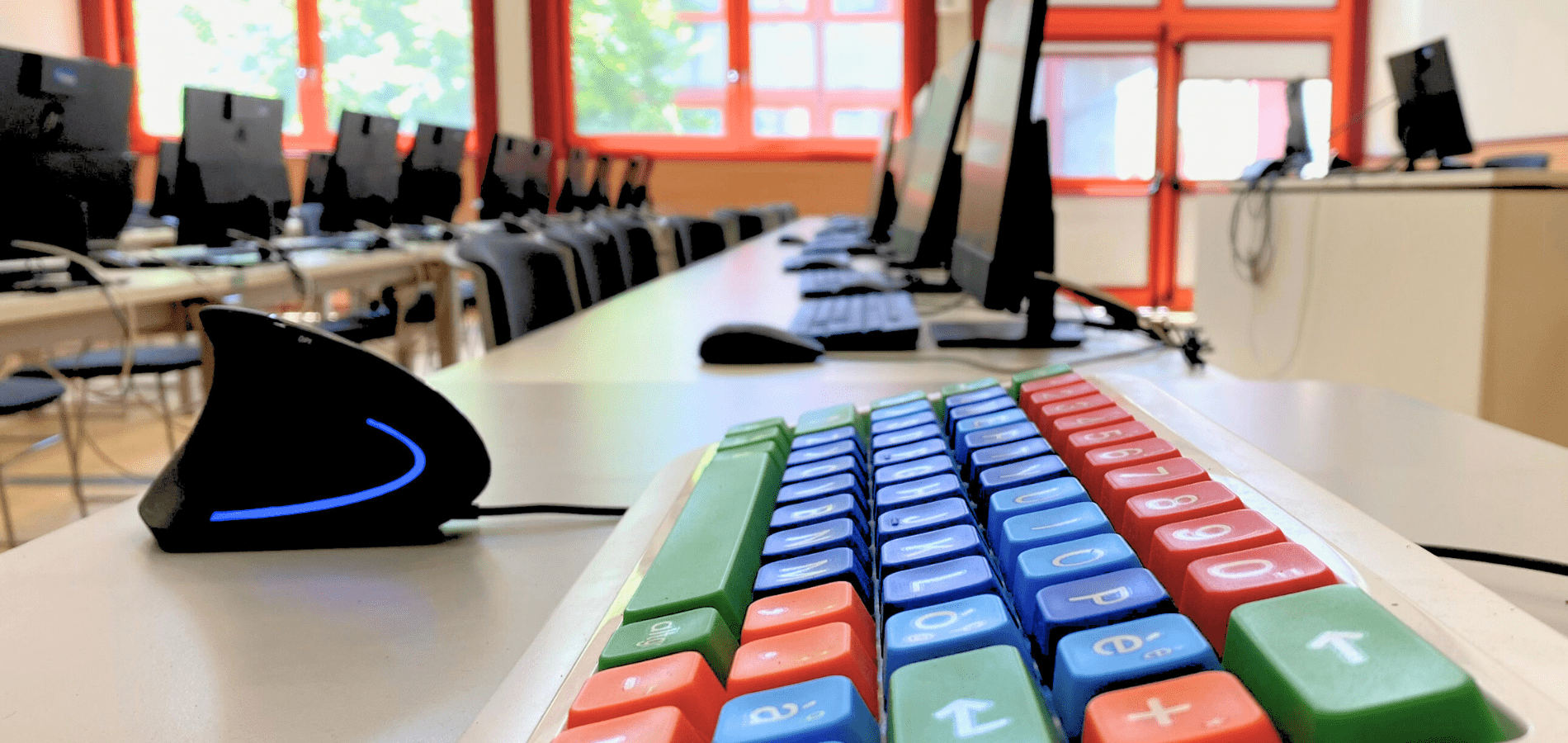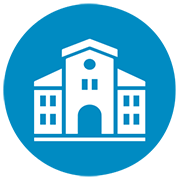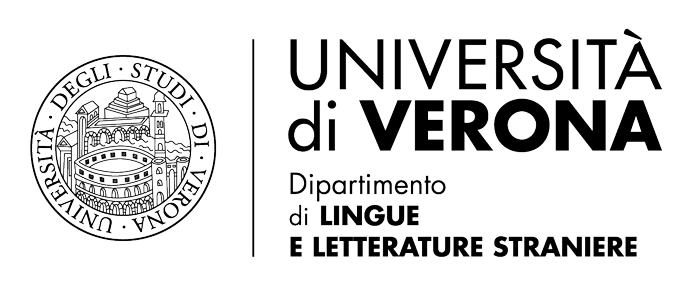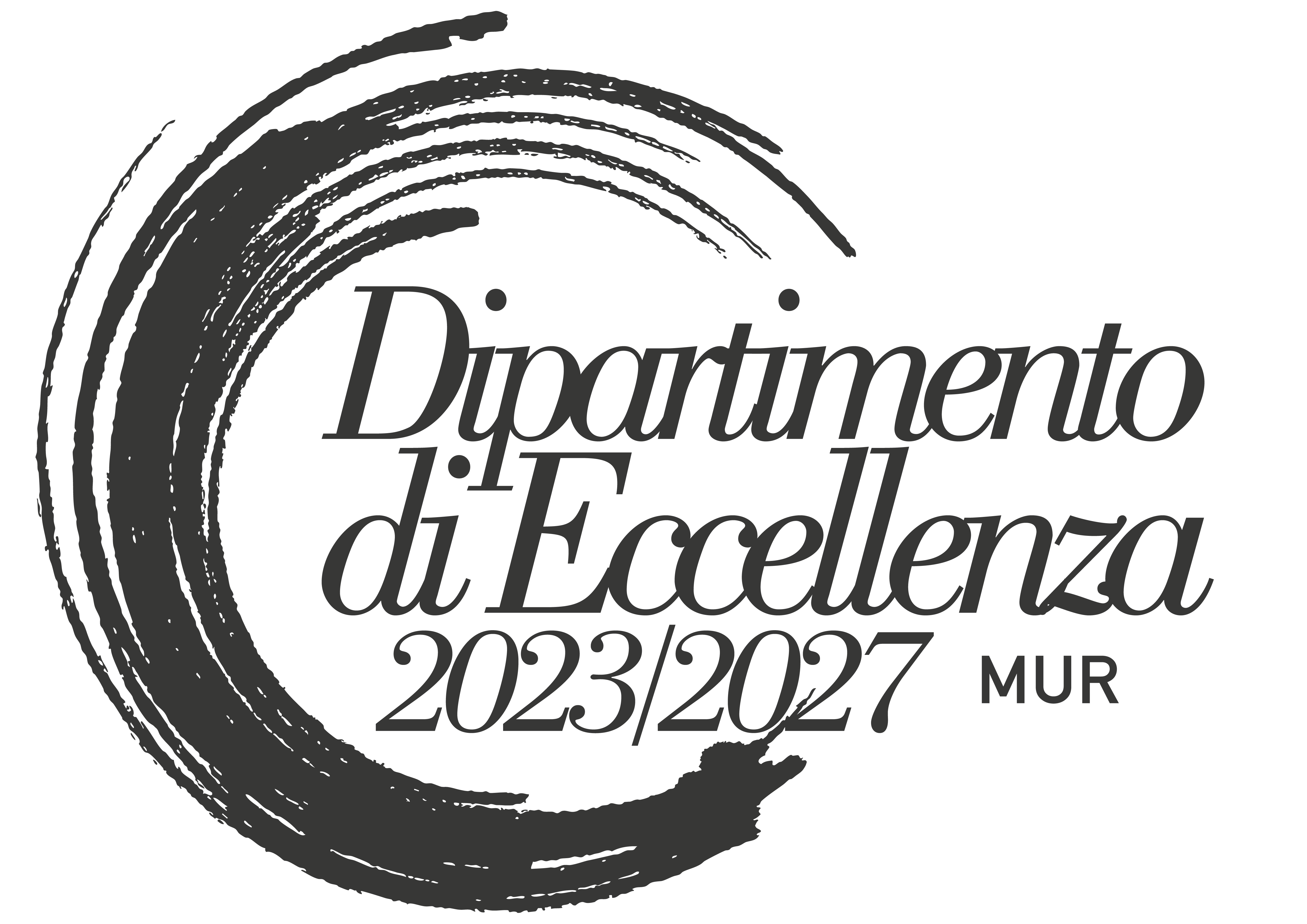Infrastructures

Through the Inclusive Humanities Excellence Project, the Department aims to develop both physical and digital infrastructures to support in situations or conditions that may hinder the university experience.
Thanks to the funding allocated under the previous Excellence Project (2018-2022), the Department has already taken some important initial steps towards a more inclusive reality. Notable infrastructures, accessible to the entire university community, have been created, including the Digital Lab and five interactive classrooms . In collaboration with various University offices and departments (Information Systems and Technology, Inclusion and Accessibility, Technical and Logistics), ministerial funding enabled the setup of three accessible computer workstations in departmental classrooms and spaces. These accessible workstations aim to support the participation of students with disabilities in various aspects of their academic journey, including classroom activities, internships, tutoring, and personal study. Each of the three stations is equipped with an accessible desk, high-performance personal computer, specialized keyboard, ergonomic vertical mouse, and large monitor designed to enhance accessibility for a wide range of users. One of the stations is also equipped with a book scanner and multi-language optical character recognition (OCR) software.
The main focus when designing these new
spaces was the removal of architectural
barriers for students and faculty with
reduced mobility, making the involved
facilities more accessible.
In particular, the
renovations aim to make the classrooms
even more accessible, exceeding the current
regulatory requirements.
With the new Excellence Project, the challenge is to eliminate as many barriers as possible, not only physical but also "abstract" ones, to foster a stimulating, inclusive, and diverse learning environment. This environment will be guided by principles of fairness, freedom, dignity, and free from both collective and individual discriminatory behaviours.
Furthermore, the Department plans to create new research infrastructures to achieve the project's objectives.
INFRASTRUCTURES

PHYSICAL INFRASTRUCTURES
All the buildings of the Department of Foreign Languages and Literatures and the University of Verona are currently accessible to individuals with disabilities, in compliance with current regulations.
Read more
DIGITAL INFRASTRUCTURES
The infrastructures planned by the 2023- 2027 Excellence Project are not just physical but also "abstract" or intangible. There will be numerous digital innovations and developments.
Read moreThe DAIH (Digital Arena for Inclusive Humanities)
The DAIH (Digital Arena for Inclusive Humanities) has been established to effectively support the achievement of infrastructure-related objectives and ensure their sustainability. DAIH is an interdisciplinary research centre of excellence in digital technologies and computational methods applied to languages and literature, with a specific focus on inclusion. It is part of the Ministry of University and Research's (MUR) 2023- 2027 Departments of Excellence funding program.
The centre acts as a catalyst for interdisciplinary collaboration, with research goals at the intersection of computer science—particularly artificial intelligence—and the humanities, linguistic, and literary studies, with a focus on inclusion. DAIH aims to foster and promote inclusion in research, infrastructure, education, and the dissemination of scientific content, with the goal of overcoming disparities, inequalities, and discrimination in modern society.
As the only centre of its kind in the national landscape, DAIH will serve as a driving force for interdisciplinary collaboration, providing essential technological support for teaching and research. It will also become a central hub for current and future collaborations with national and international institutions.
The DAIH will be equipped with the necessary tools, scientific expertise, and technical-administrative personnel to support projects, offering these resources to the entire university. This will promote the creation and enhancement of platforms and digital tools for data storage, analysis, and online publication. Special attention will be given to adopting and developing opensource and accessible technologies.
One of the centre’s key activities will be managing the department's infrastructure and tools required to achieve the project's objectives. To this end, the enhancement and renewal of existing departmental infrastructures and equipment will be necessary, ensuring their long-term sustainability. Specifically, this will include the upgrade and expansion of the technological infrastructure dedicated to departmental platforms, which will host corpora, databases, and digital archives as outlined in the new project.


